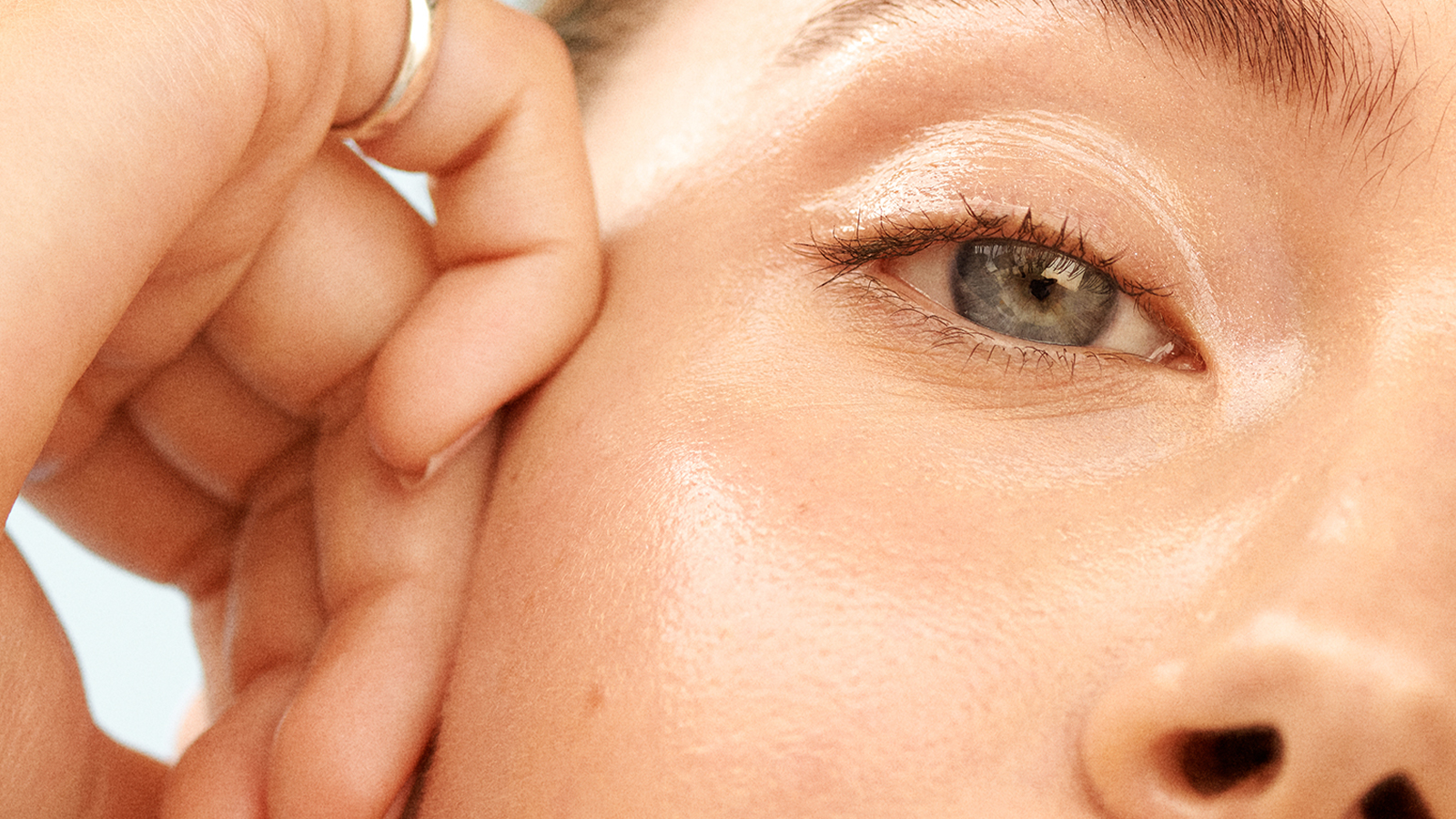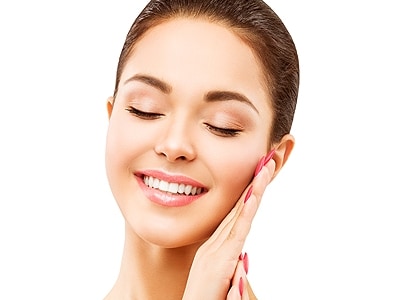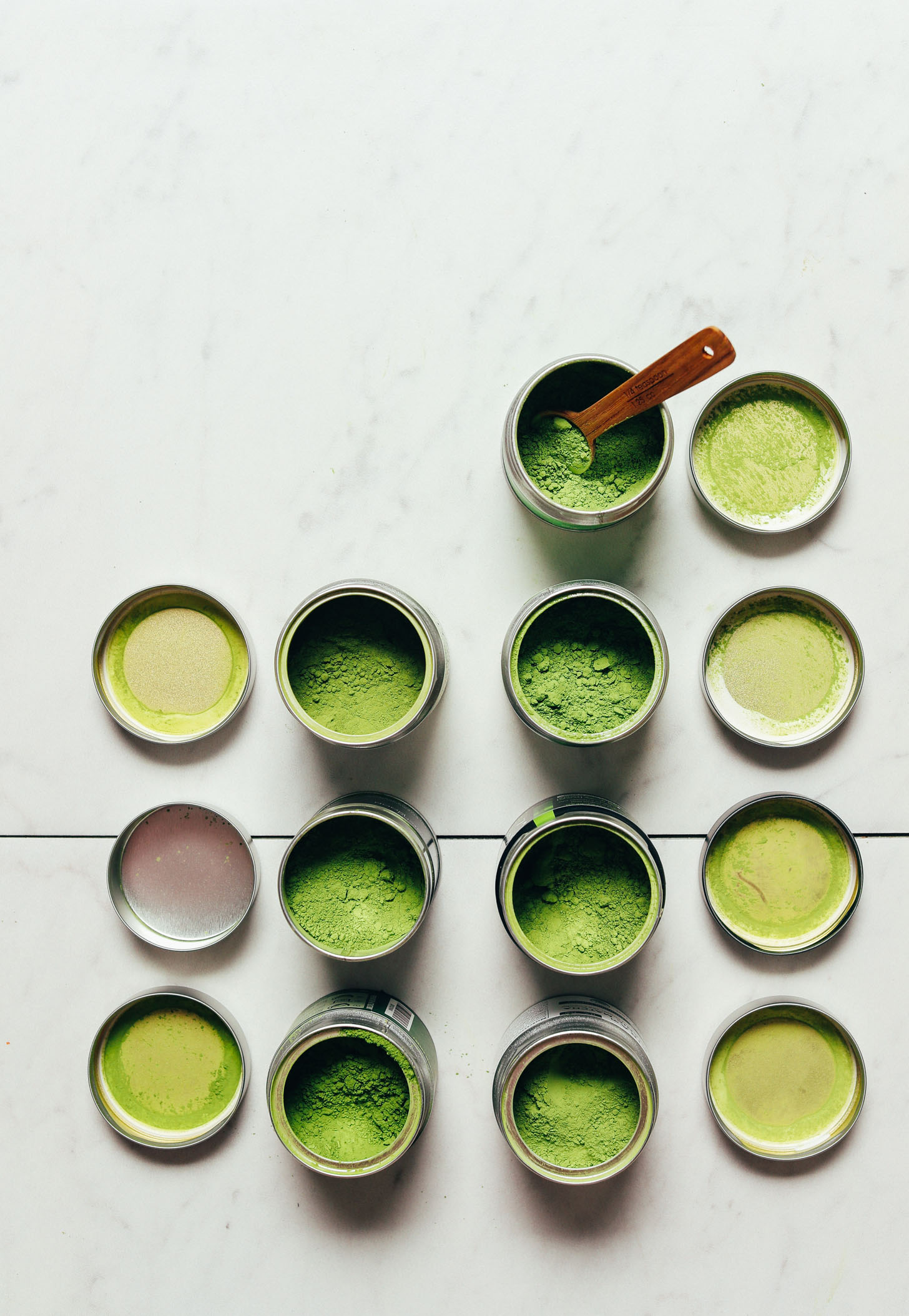
[ad_1]
Final week, within the weblog on Basil Reviewed, I talked about utilizing Basil (Ocimum basilicum) to elevate the thoughts and clear psychological fatigue and this week I believed I’d share a few analysis research to help this.
In case you are taken with studying the article I’ve on Melancholy you can see it right here:
Examine 1
The Journal of Various and Complementary Drugs, Vol 19, No 1
Impact of Inhaled Important Oils on Psychological Exhaustion and Reasonable Burnout: A Small Pilot Examine
Elizabeth Varney and Jane Buckle
Printed On-line:14 Jan 2013 https://doi.org/10.1089/acm.2012.0089Summary
Goals: The target of this pilot examine was to find out the effectiveness of a mix of important oils (peppermint, basil, and helichrysum) on psychological exhaustion, or average burnout (ME/MB) utilizing a private inhaler.
Design: This was a randomized, managed, double-blind pilot examine. Knowledge had been collected Three instances a day for Three weeks (Monday–Friday). The primary week was baseline for each teams, the second week was intervention (aromatherapy or placebo), and the third week was washout.
Settings/location: Individuals used a private inhaler at dwelling or at work.
Topics: The themes comprised a comfort pattern of 13 ladies and 1 man who every had self-assessed ME/MB.
Interventions: Individuals had been randomized to obtain a private inhaler containing both a mix of important oils or rose water (as utilized in Indian cooking).
Final result measures: The result measures had been a 0–10 scale with 10=worst feeling of burnout, 0=no feeling of burnout. There was a qualitative questionnaire score aroma and a questionnaire itemizing perceived stressors.
Outcomes: Whereas each teams had a discount in notion of ME/MB, the aromatherapy group had a a lot better discount.
Conclusion
The outcomes recommend that inhaling important oils could cut back the perceived degree of psychological fatigue/burnout. Additional analysis is warranted.
Examine 2
Psychiatry and Scientific Neurosciences Quantity 59. Situation 3. June 2005. Web page 363
The impact of Aromatherapy Therapeutic massage on Gentle Melancholy: A pilot examine
Akiko Okamoto md Hiroko Kuriyama md, phd Satoko Watanabe ba Yuka Aihara Toshiaki Tadai md, phd Jiro Imanishi md, phd Kenji Fukui md, phd
First revealed: 16 Could 2005 https://doi.org/10.1111/j.1440-1819.2005.01385.xSummary
This examine was to guage the consequences of aromatherapy on cognition utilizing a neuropsychological take a look at designed for sufferers with melancholy. This examine was performed below the approval from the Ethics Committee of Kyoto Prefectural College of Drugs, Kyoto, Japan. Detailed explanations of the undertaking got to every affected person and all sufferers signed knowledgeable consent varieties previous to collaborating.
This examine was carried out in 5 sufferers aged 31–59years, with Diagnostic and Statistical Guide‐IV classification of 296.21 Main Depressive Dysfunction, Single Episode, Gentle (not together with psychotic options). One among these sufferers was male. Not one of the sufferers used antidepressants or obtained psychotherapy. Every obtained a 30‐min aromatherapy therapeutic massage utilizing important oils of candy orange, geranium and basil twice per week for Four weeks. To look at response to the remedy, sufferers had been submitted to the 17‐merchandise Hamilton Melancholy Ranking Scale (HAM) and Profile of Temper States (POMS) 1 week earlier than the primary session and 1 week after the final session. Cognitive perform was evaluated utilizing the Wisconsin card sorting take a look at (WCST). Results of aromatherapy therapeutic massage had been mutually examined utilizing Wilcoxon matched pairs signed take a look at.
Our outcomes had been as follows. All information are expressed as imply ± commonplace deviation (SD) and had been analyzed with Wilcoxon matched pairs signed take a look at.
HAM rating and the confusion‐bewilderment (C‐B) rating, which is among the subscales of POMS, had been considerably improved from 14.8 ± 2.39 to eight.8 ± 3.63 (P = 0.039) and 62.2 ± 13.07 to 51.6 ± 8.05 (P = 0.043), respectively. These outcomes recommend a subjective and goal enchancment in depressive states. Particularly, C‐B signifies subjective disturbances in cognition and thought.
Variety of errors, perseverative errors and perseverative responses of WCST considerably decreased from 24.4 ± 3.97 to 17.2 ± 3.19 (P = 0.042), 15.6 ± 5.03 to 10.2 ± 2.17 (P = 0.043) and 16.8 ± 5.81 to 10.4 ± 2.51 (P = 0.042), respectively. These outcomes point out that enchancment in prefrontal dysfunction, as a result of WCST assesses rule conceptualization and modification of methods for responses to verbal suggestions and is especially delicate to wreck within the prefrontal cortex. Due to the 4‐week interval, enchancment on WCST scores is perhaps attributable to a studying impact. There was a earlier examine during which WCST was administered earlier than and 21 days after therapy for main depressive sufferers who used antidepressants.1 The earlier examine reported that WCST scores weren’t improved. It could be attainable that the development in WCST scores doesn’t all the time rely upon the interval between the primary and second administration of WCST.
Most kinds of melancholy are associated to frontal lobe hypometabolism and low perfusion. A current examine reported that perfume stimulation introduced extra blood stream to the prefrontal cortex.2 Komori et al. reported the consequences of citrus fragrances on depressive states.3 Taking the outcomes of those earlier research along with the findings, it’s conjectured that aromatherapy therapeutic massage improves depressive states by growing blood stream to the prefrontal cortex.
Conclusion:
Aromatherapy therapeutic massage could also be helpful as a complementary remedy for melancholy.
References
1 Moreaud O, Nagele B, Chabannes JP, Roulin JL, Garbolino B, Pellat J. Frontal lobe dysfunction and depressive state. relation to endogenous character of melancholy. Encephale 1996; 22: 47– 51. 2 Hirata Okay, Tanaka H, Arai M et al. The cecrebral blood stream change by perfume – An analysis utilizing close to‐infrared spectroscopic topography. Jpn J. Pharmaco-EEG. 2002; 4: 43– 47 (in Japanese). Three Komori T, Fujiwara R, Tanida M, Nomura J, Yokoyama MM. Results of citrus perfume on immune perform and depressive state. Neuroimmunomodulation 1995; 2: 174– 180.
[ad_2]
Source link












